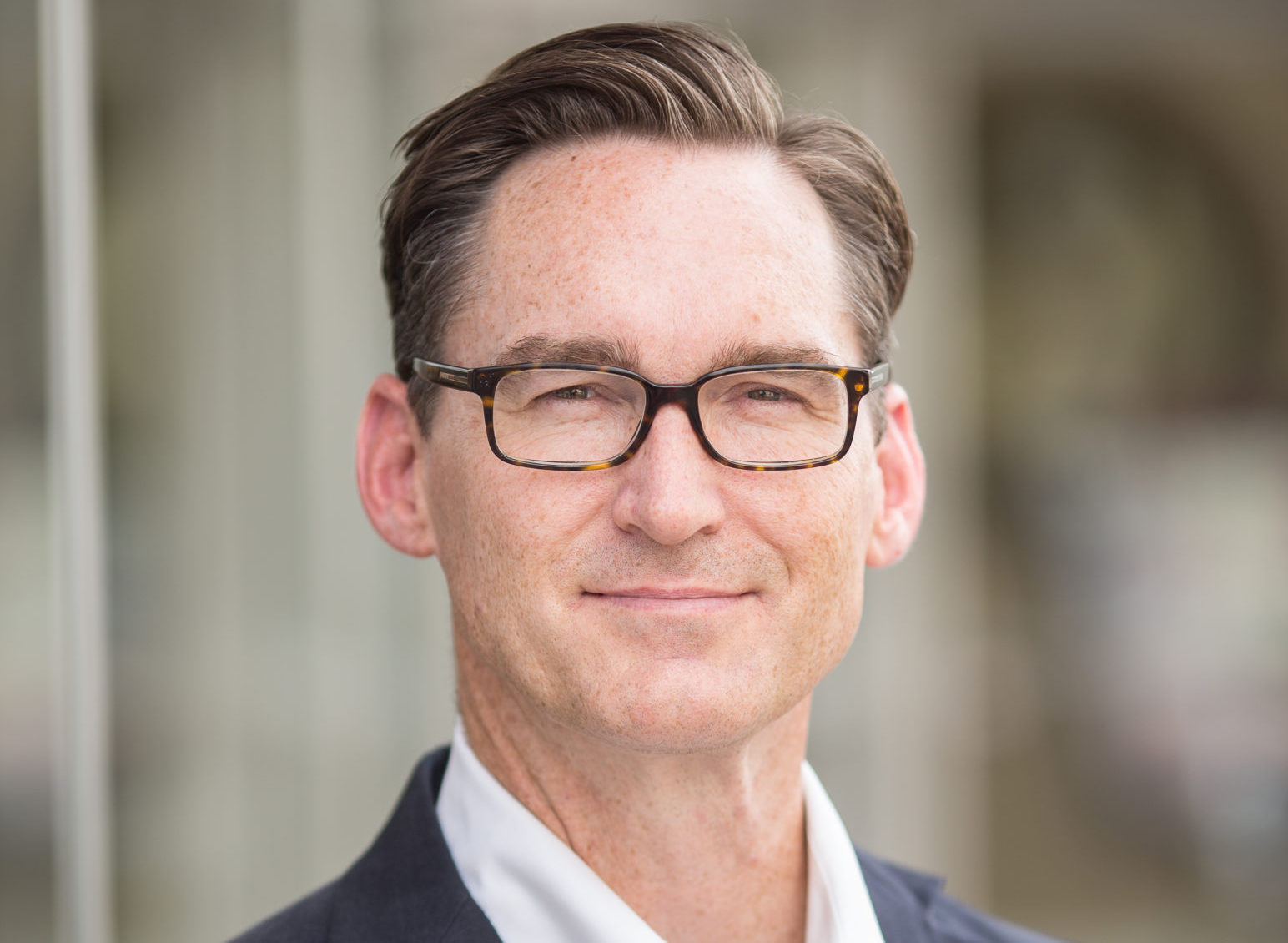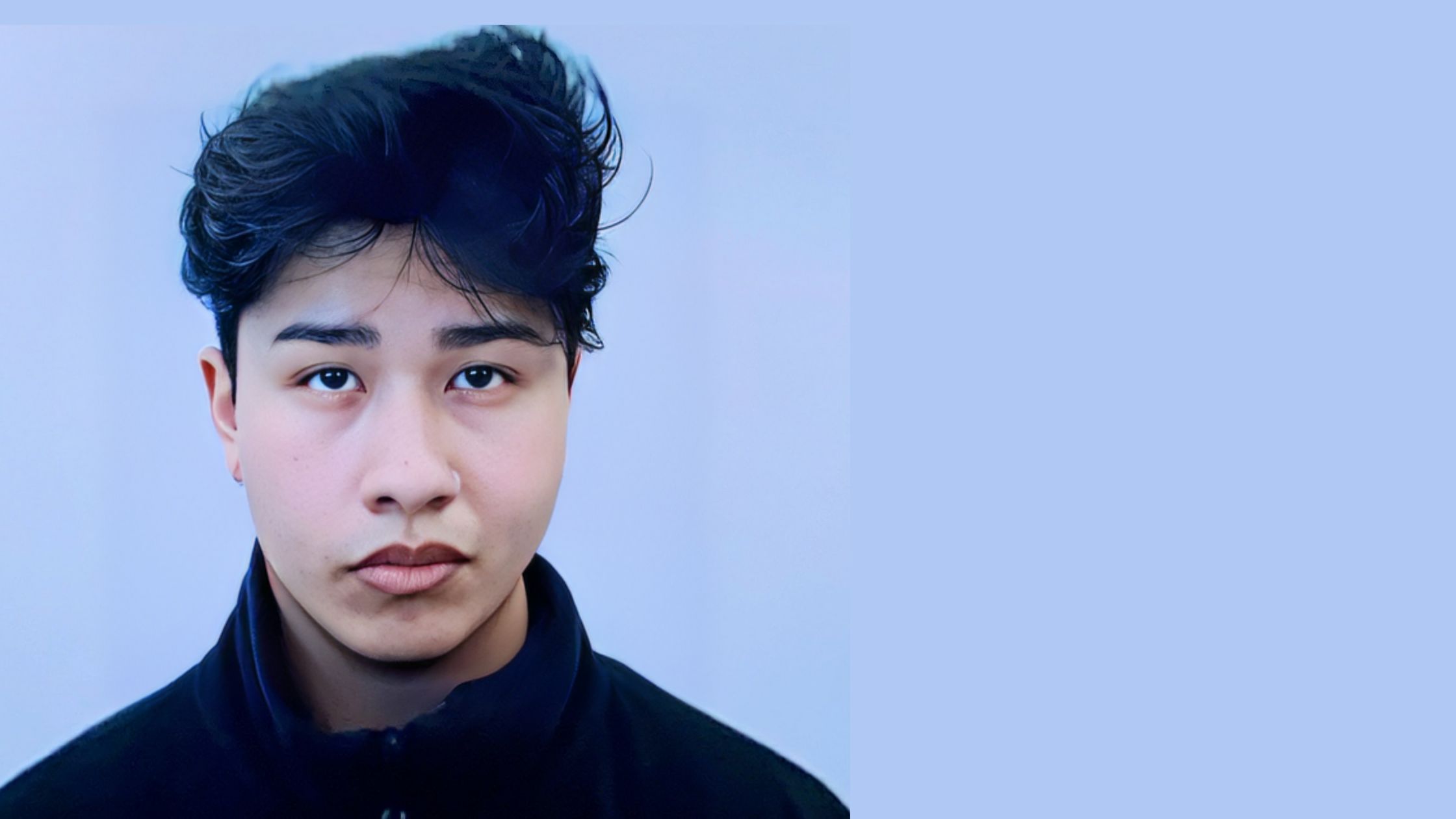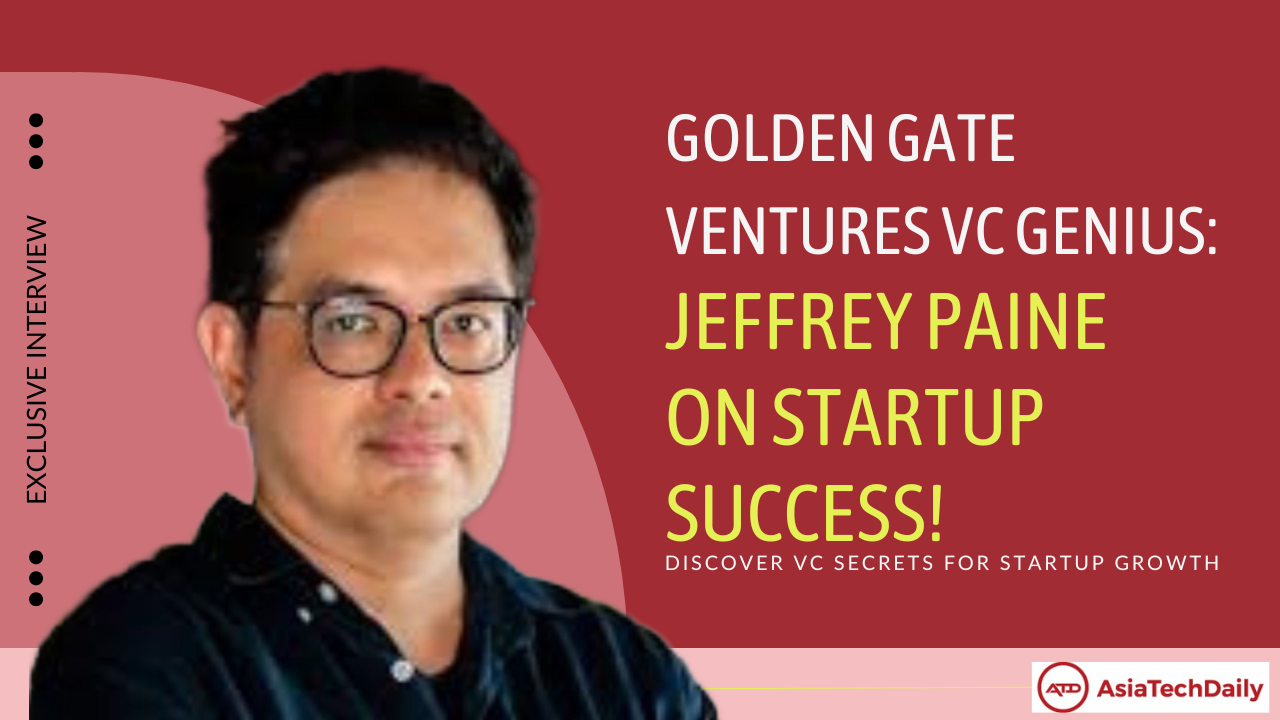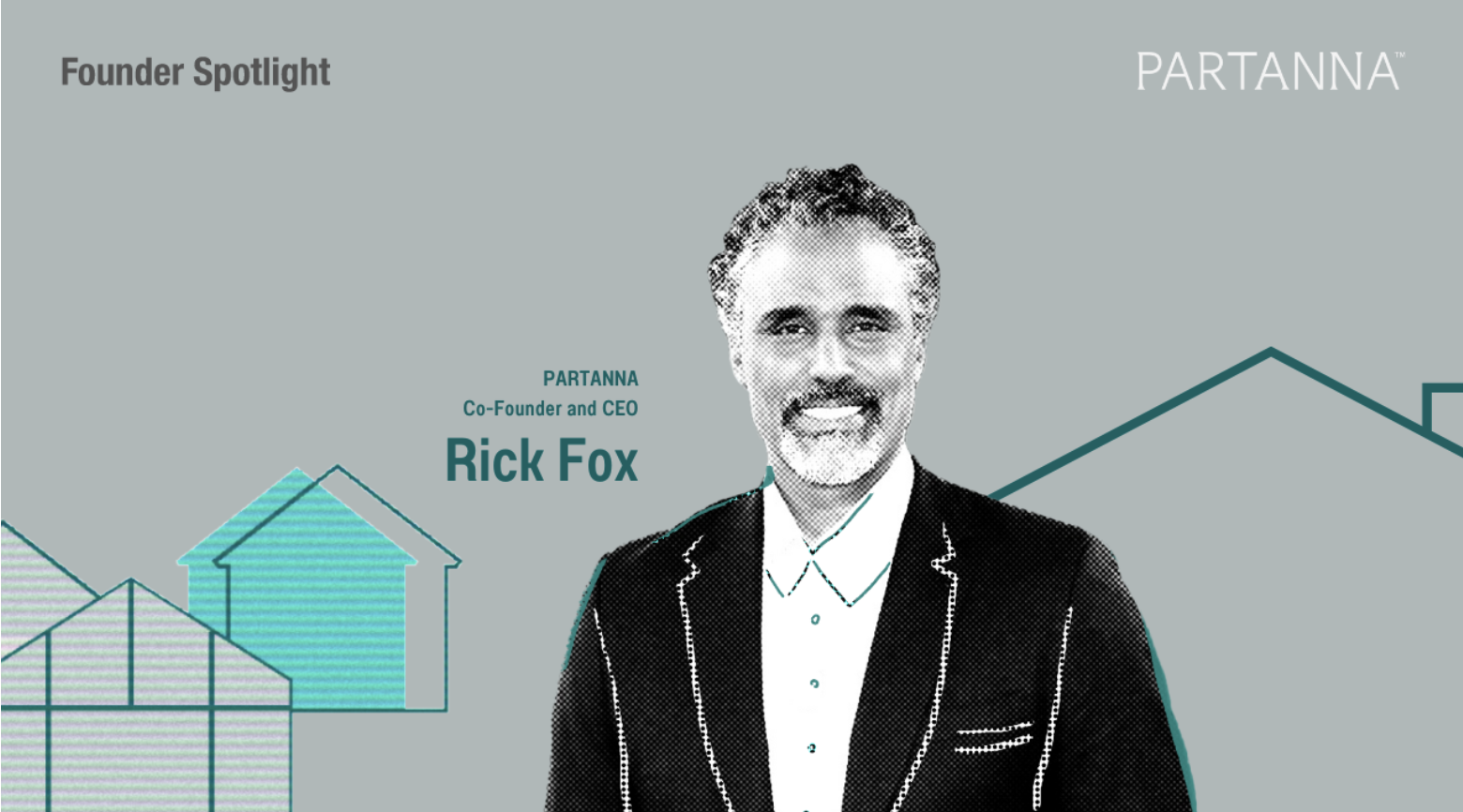AsiaTechDaily – Asia's Leading Tech and Startup Media Platform

Peripheral IV Lines Fail On Average 46% Of The Time- Vance Clement, CEO Of Lineus Medical Is Working To Build A Cutting Edge Solution To This Problem!
Vance Clement has over 25 years of experience in the medical device space. He started with Lineus Medical in 2015 as Chief Operating Officer and became CEO in 2018. He served as Vice President of Sales and Marketing at BlueInGreen, a developer and manufacturer of capital equipment for water treatment. Under his leadership, BlueInGreen more than quadrupled its sales in one year.
Prior to BlueInGreen, Vance was Sr. Director of Marketing and a key player in Mako Surgical’s growth from an orthopedic start-up with 17 installed surgical robots to over 156 installed robots and sales of over $100M. He was the developer of Mako’s strategic plan and the chief architect of Mako’s Total Hip Arthroplasty application. Vance spent 10 years working for Smith & Nephew Orthopaedics in various senior marketing and sales roles, including a 2.5-year European assignment in Brussels, Belgium.
Vance began his career at Wright Medical Technology (now Microport) in manufacturing as an industrial engineer and later moved into product management. Vance earned a Bachelor of Science in Industrial Engineering from the University of Arkansas and a Masters in Business Administration from Christian Brothers University in Memphis, Tennessee.
In an exclusive interview with AsiaTechDaily ,Vance says:
- Control of your life is a myth – there is one God in control and worshiping him is the most important thing in life
- Treat others as you would like to be treated – the Golden rule and God’s second most important commandment
- Always do your best – if you put forth the best effort that you can. Win or lose, you have done your best, and that is all that can be asked of us
Read on to know more about Vance Clement and his journey.
Please tell me about your personal background and What motivated you to get started with your company?
Vance Clement: I’ve spent over 25 years working in the medical device space. I worked at some big companies, where I felt like I was doing interesting and innovative work. I always thought I wanted to work for myself. Starting in 2008, I began working with startups. Lineus Medical is my fourth startup, but the first one I joined at inception. Spencer Jones, a registered nurse, raised money to get Lineus off the ground when I met him. I thought the idea for our SafeBreak product was a good one. I took a couple of months doing due diligence and decided to join the company financially and started working for Lineus full-time.
What is your current main product, and can you share any previous product pivot story to the current product?
Vance Clement: Lineus is seeking FDA clearance for our first product, SafeBreak Vascular. We have never had to pivot from our original idea, but we certainly refined it over time with customer inputs. SafeBreak is a device that fits in a peripheral IV line, and when a damaging force is placed on the IV line, SafeBreak separates to release the harmful force and save the IV. That core idea is still the magic of our product today.
How much money have you raised in total so far? When was the recent funding round?
Vance Clement: Lineus Medical has raised just shy of $5M to date. Our most recent $1.25M funding round was completed in February of 2020, right before the COVID-19 virus hit the United States.
What were the internal decision processes in determining when to begin fundraising, and what were the logistics for this? And how many investors have you met so far, and how did you meet these investors, and which channels worked best for you?
Vance Clement: Our seed funding round started when my co-founder and registered nurse, Spencer Jones, exited an initial business incubator. At that time, he had a working prototype and a significant number of customer interviews to validate that he addressed a real problem. The company needed a significant amount of funding so that a working product could be developed and tested. It was clear that we needed outside investors to get the company off the ground. We have completed four fundraising rounds for relatively small amounts of money (each one less than $1.5M). We’ve had success with both venture investors and angel investors, representing about 50% of overall investment. Small funding rounds, less than $2M, generally fit better with angel investors than venture capital groups.
What are the biggest challenges and obstacles that you have faced in the process of fundraising? If you had to start over, what would you do differently?
Vance Clement: I have pitched to approximately 100 venture capital groups. Each of these groups is looking at a minimum of 300 deals and as many as 1000 deals a year. Each fund invests in maybe 4-8 companies a year. That means to get a venture capital investment, and you are in the 1-2% they select each year. It is worth putting in the effort to obtain venture capital funding, but you had better be working on other options. Focusing more time finding angel investors would have been more productive for our company. Finding venture capital takes a lot of time and money, has a low percentage of success, and was not a good match for us.
What are your milestones for the next round? And what are your goals for the future?
We are currently conducting a $1.25M Series B Tranche 2 at a $15M valuation. We are expecting FDA clearance in Q1 of 2021, and we want to have this funding round completed by that time to conduct a strong product launch and ramp up sales.
How have you attracted users, and with what strategy have you grown your company from the start to now?
Vance Clement: Clinical studies are needed to show how well your medical device works and to sell the device. It matters where you conduct your studies. Our first study was at a top hospital in the middle of the United States, Barnes Jewish in St. Louis, Missouri. It has an excellent reputation and a national reach. Our second study is in the very important Northeastern Corridor in the United States at a top 50 hospital, Hartford Hospital in Hartford, Connecticut. These studies at these leading institutions will help us convince other hospitals to get on board. We have also attended 10 nurse-based industry meetings to meet potential customers and to gain sales leads. Nurses love our product, and we now have over 2300 nursing leads once our device is cleared the US Food and Drug Administration.
What do most startups get wrong about marketing in general?
Vance Clement: For medical devices, I believe there are 3 main steps to marketing success. The first is old fashioned bench testing that shows your device is better than what exists today and that it will solve the problem. This initial data is enough to get innovators on board that will be your first customers. More and better data is needed to get the next group of customers, requiring actual clinical data. A good clinical study that shows your device has made a difference at a hospital or multiple hospitals goes a long way to bringing on customers from several more hospitals. Lastly, long-term, high-level clinical data is required to bring on the mass part of the market and laggards in the product adoption curve. A startup needs to have a clinical study and bench testing plan and the money to execute that plan, or the product will never get off the ground.
How do you plan to expand globally?
Vance Clement: Lineus Medical has participated in an international business accelerator that familiarized us with the Asian market, which gives us the confidence to seek regulatory approval. We came in 4th place in the 2017-2018 K-Startup Grand Challenge in Seoul, Korea. We hope to start with a foothold in Korea and then to expand throughout Asia further. We attended the 2018 World Congress of Vascular Access in Europe, where we identified multiple independent distributors representing us in Europe. Once we obtain the necessary CE marking required for the clearance of medical devices in Europe, we are ready to move forward.
How do you handle this COVID-19 outbreak situation for your company’s survival in the future?
Vance Clement: COVID-19 has not significantly changed how peripheral IVs are managed in hospitals. The unknown is how will selling into hospitals in the post-COVID-19 environment be different? We intend to get out into the field and listen intently to our sales representatives. We will need to be nimble and adaptive to be successful in the new environment.
What are the most common mistakes founders make when they start a company?
Vance Clement: I think that a lot of founders give away too much of the company too early. A founder can loose too much ownership too quickly and end up losing control of their idea and company. Founders need to make sure they are going to get real value from each person involved in the company or sell the right percentage of their company for the right amount of money. It seems pretty simple, but it is tough to do when a company is in its infancy.
What’s the best advice you’ve ever received? And What advice do you have for someone who is interested in doing similar things like yours or in a similar direction?
Vance Clement: Life and career are not like a ladder where you continually move up one step at a time. Life and career are more like a lattice where you are moving up, sometimes moving down, and sometimes moving sideways. Moving sideways into different roles and opportunities increase the skills you have, and that diversification of skills and experiences prepares each of us for even bigger roles in the future.
What are the top-three books or movies (TV series) that changed your life and why?
Vance Clement: I’m a Christian, and the Bible tops my list of books. I do a daily bible study and strive to be a person where other people see Christ through me. Second, I would say the book the Millionaire Next Door opened my eyes to saving, investing, and thinking about money. The people that become wealthy are not always who you think they are. For entrepreneurs, I highly recommend the movie, Jerry McGuire. Tom Cruise plays the role of a sports agent that starts his own sports player management agency. He goes through all the trials and pitfalls that we entrepreneurs face in starting a business. The most important lessons from the movie are a family first being true to yourself and persevering. Entrepreneurs generally are optimistic people, and they won’t give up once they start.
How do you keep yourself motivated every day?
Vance Clement: Working in medical devices is its motivation. I can’t wait to start selling SafeBreak so that we can start helping nurses save IV lines. There are over 2 Billion peripheral IV lines installed each year globally. I believe that Lineus Medical can help relieve pain for many of these patients, make nurse’s jobs more enjoyable, and improve millions of people’s hospital experience. I believe God has put me in this place and assembled the talented Lineus Medical team to achieve this goal. What could be more motivating?
What are the top- three life lessons that you want your (future) sons and daughters to know?
Vance Clement:
- Control of your life is a myth – there is one God in control and worshiping him is the most important thing in life
- Treat others as you would like to be treated – the Golden rule and God’s second most important commandment
- Always do your best – if you put forth the best effort that you can. Win or lose, you have done your best, and that is all that can be asked of us
What would you like to be remembered for?
Vance Clement: Doing the right thing and maintaining your integrity is critical. I hope that people will say that Vance always did the right thing, even when it wasn’t easy.
You can follow Vance Clement here.
Are you looking to secure investment for your startup or a keen startup enthusiast, keep an eye on our interview section.
Follow Asia Tech Daily to know about the innovative startups and how they are revolutionizing the ecosystem.





